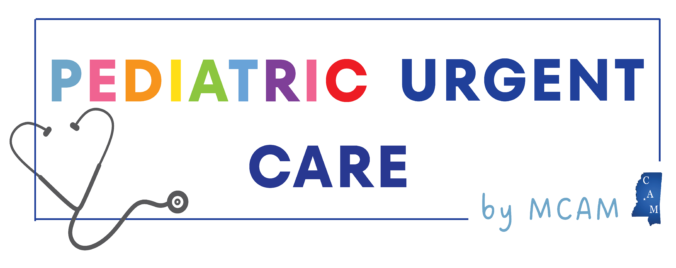The sound of a child’s laughter, their first words, and the eager pursuit of knowledge are among the most cherished joys of parenthood. However, as a pediatric audiologist will tell you, hearing loss is not uncommon in newborns and children, and it can cast a shadow over these precious moments. As parents, you may wonder about your child’s auditory health and whether they’re reaching their developmental milestones.
In the face of such concerns, our dedicated pediatric audiology team is here to support your child’s auditory growth from the early stages of life. We understand the importance of early intervention, which can begin as early as three months of age, to ensure your child’s cognitive development flourishes. Our pediatric audiologists are specially trained to cater to the unique developmental stages and communicative-linguistic abilities of our young patients, striving to provide the best possible outcomes.
Importance of Newborn Hearing Screening, Early Detection, and Intervention
The timely detection and intervention of hearing and balance disorders among children is paramount. Early childhood is a critical period for language development, communication skills, and overall cognitive growth. Hearing plays a fundamental role in these processes, and any delay in identifying or addressing hearing problems can have profound and lasting effects on a child’s development and quality of life.
Newborn hearing screening is a cornerstone of pediatric audiology, aiming to identify hearing issues shortly after birth. This early intervention prevents development delays associated with untreated hearing loss.
Overview of Pediatric Hearing Disorders
Pediatric hearing disorders encompass a broad spectrum of conditions, including congenital and acquired hearing loss, auditory processing disorders, and balance-related problems. Hearing disorders in children can result from various causes and risk factors, such as genetic factors, prenatal exposure to infections or medications, complications during birth, and postnatal issues like ear infections or head trauma.
Recognizing the signs and symptoms of hearing disorders in children is critical. These may include delayed speech, limited responsiveness to sound, inattentiveness, or behavioral changes. Understanding these cues can greatly improve a child’s prospects for healthy hearing and overall development.
Mississippi Center for Advanced Medicine’s Approach to Pediatric Audiology
In a nutshell, here are the tests a pediatric audiologist uses to engage and assess hearing in young patients effectively:
- Tympanometry Readings
- Conditioned Play Audiometry (CPA)
- Visual Reinforcement Audiometry (VRA)
- Standard Audiometry
- Acoustic Reflex and Decay Testing
Our pediatric audiology team employs various non-invasive methods and techniques for diagnostic evaluation. They often differentiate between behavioral and objective testing. Behavioral tests rely on a child’s responses to sounds, while objective tests, such as otoacoustic emissions (OAE) and auditory brainstem response (ABR) measure physiological responses without the need for active participation. The combination of both approaches provides a comprehensive assessment of a child’s hearing abilities.
Collaboration with other healthcare professionals is a fundamental aspect of pediatric audiology. Our pediatric audiologists utilize an interdisciplinary approach, working closely with pediatricians and speech-language pathologists to ensure holistic care for children with hearing disorders.
Some of our treatment methods encompass:
- Hearing aids: These devices amplify sound and are regularly monitored and adjusted to the child’s evolving hearing needs.
- Cochlear implants: Suitable for severe to profound hearing loss cases, these surgically implanted devices stimulate the auditory nerve, providing a sense of sound.
- Speech and language therapy: Our speech and language pathology therapists work with children to develop communication skills such as speech articulation, language comprehension, and expressive language. These therapy sessions are instrumental in helping them achieve age-appropriate communication milestones.
Are you concerned about your child’s hearing or balance? The caring pediatric audiology team at Mississippi Center for Advanced Medicine is here to discuss the best course of action for your child’s unique needs. Contact us today to schedule a consultation with a pediatric audiologist and ensure your child’s auditory health.
